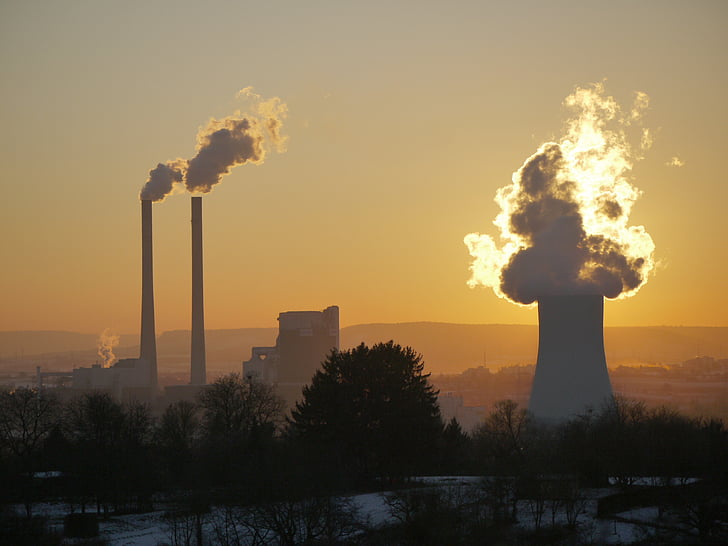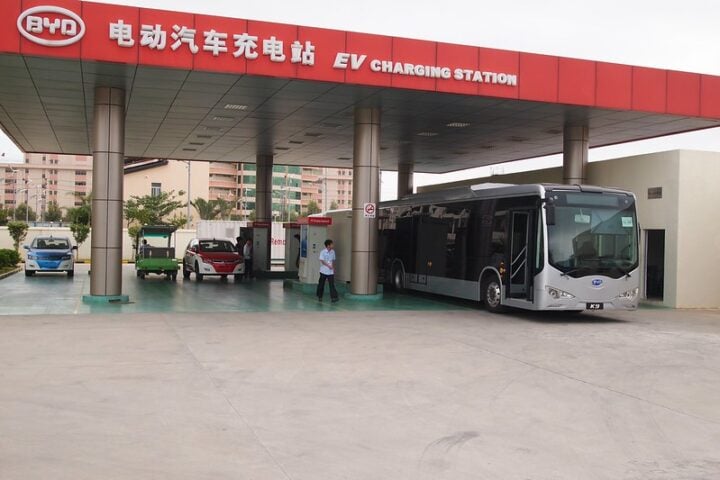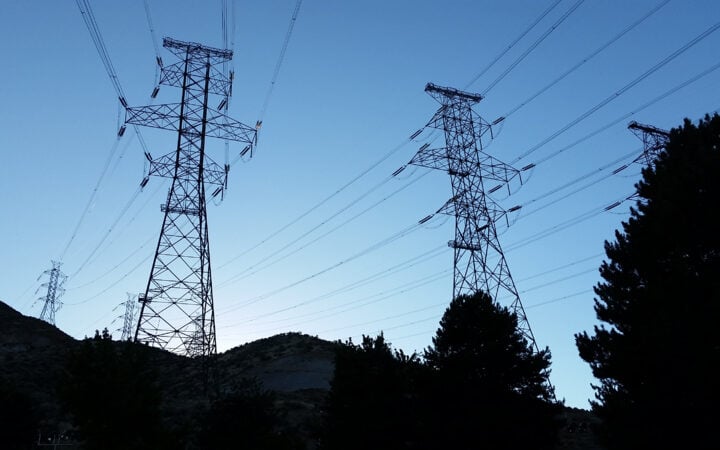An alarming pattern of state-sanctioned violence associated with the country’s transition to low-carbon and fossil fuel energy sources is discovered in a recent investigation of India’s energy industry by Mukul Kumar. His study, published in Climate and Development, thoroughly examines 121 energy projects, 64 of which are coal-based and 57 of which are hydropower-based. It finds that a large percentage of the hydropower projects (40.3%) and more than half of the coal projects (51.5%) are plagued by violent incidents, arrests, and mass mobilization.
Kumar, an assistant professor of urban planning and public policy at the University of California, Irvine, presents a bleak picture of India’s energy situation. 70% of the nation’s electricity is produced using coal, and despite international mandates to phase out coal production by 2050 in order to prevent catastrophic climate change, coal output is set to increase. Simultaneously, India aims to expand its low-carbon infrastructure by 500 gigawatts by 2030 as part of its ambitious goals. The construction of more than 100,000 megawatts of hydroelectric dams in the Himalayas is a notable example of this expansion and signals a dual shift towards higher extraction of fossil fuels as well as low-carbon energy.
However, Kumar’s analysis highlights a sad truth that underlies these transformations. He contends that land expropriation and state-sanctioned violence are major components of both fossil fuel and low-carbon transitions, and they frequently result in the marginalization of Indigenous (Adivasi) groups, Dalits, landless farmers, and artisanal fishers. The fact that peaceful movements opposing these energy expansions frequently encounter criminalization or police brutality highlights a pattern of repression and breaches of human rights under the pretext of energy development.
Kumar offers a critical examination of the idea of “just transition,” which has historically centered on integrating workers who depend on fossil fuels into the low-carbon economy. He draws attention to the fact that these liberal framings frequently ignore the historical injustices and brutality connected to the taking of land for energy projects. He therefore demands a thorough review of India’s energy transition plans that includes social justice and reparations.
The study challenges the conventional wisdom on sustainable development in India by highlighting the intricate interactions between social justice issues, environmental objectives, and economic aspirations. Kumar’s research indicates that India’s energy transitions run the risk of sustaining the very extractive development paradigms they aim to reject if the historical background of state violence and land expropriation is not taken into consideration. His research highlights the necessity of laws that both recognize and correct historical wrongs, making sure that the transition to sustainable energy sources does not compromise democratic ideals or human rights.

















